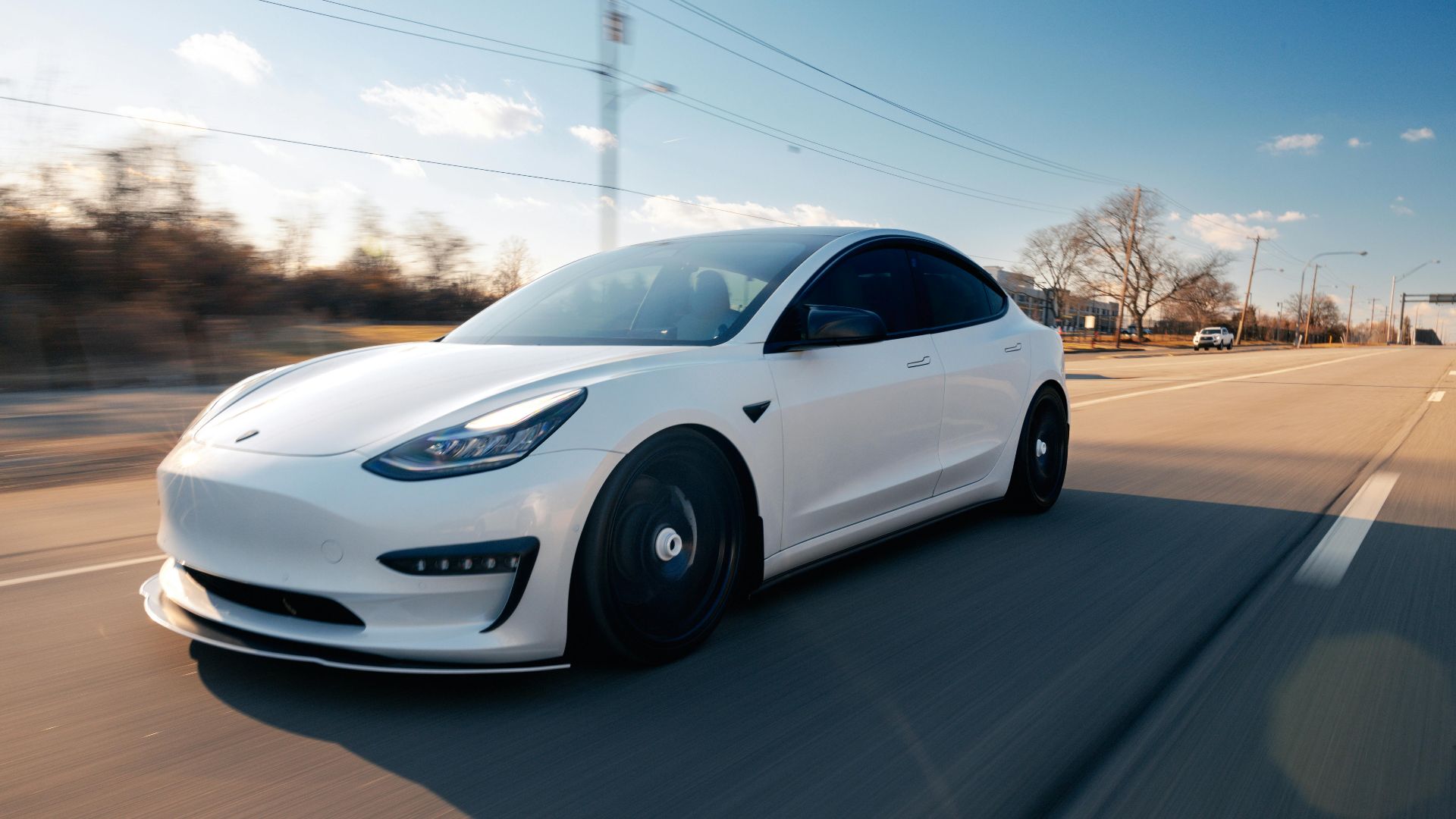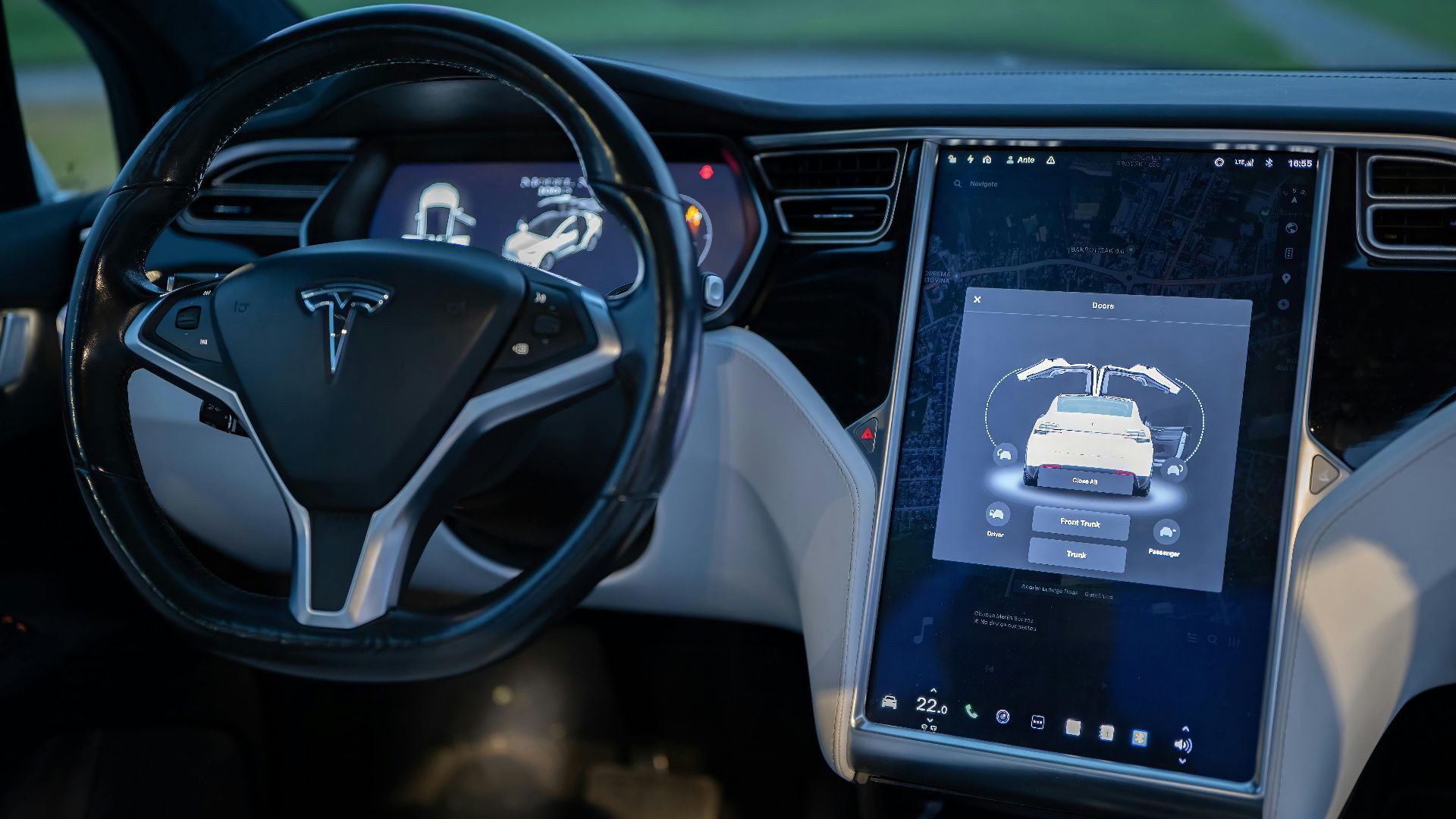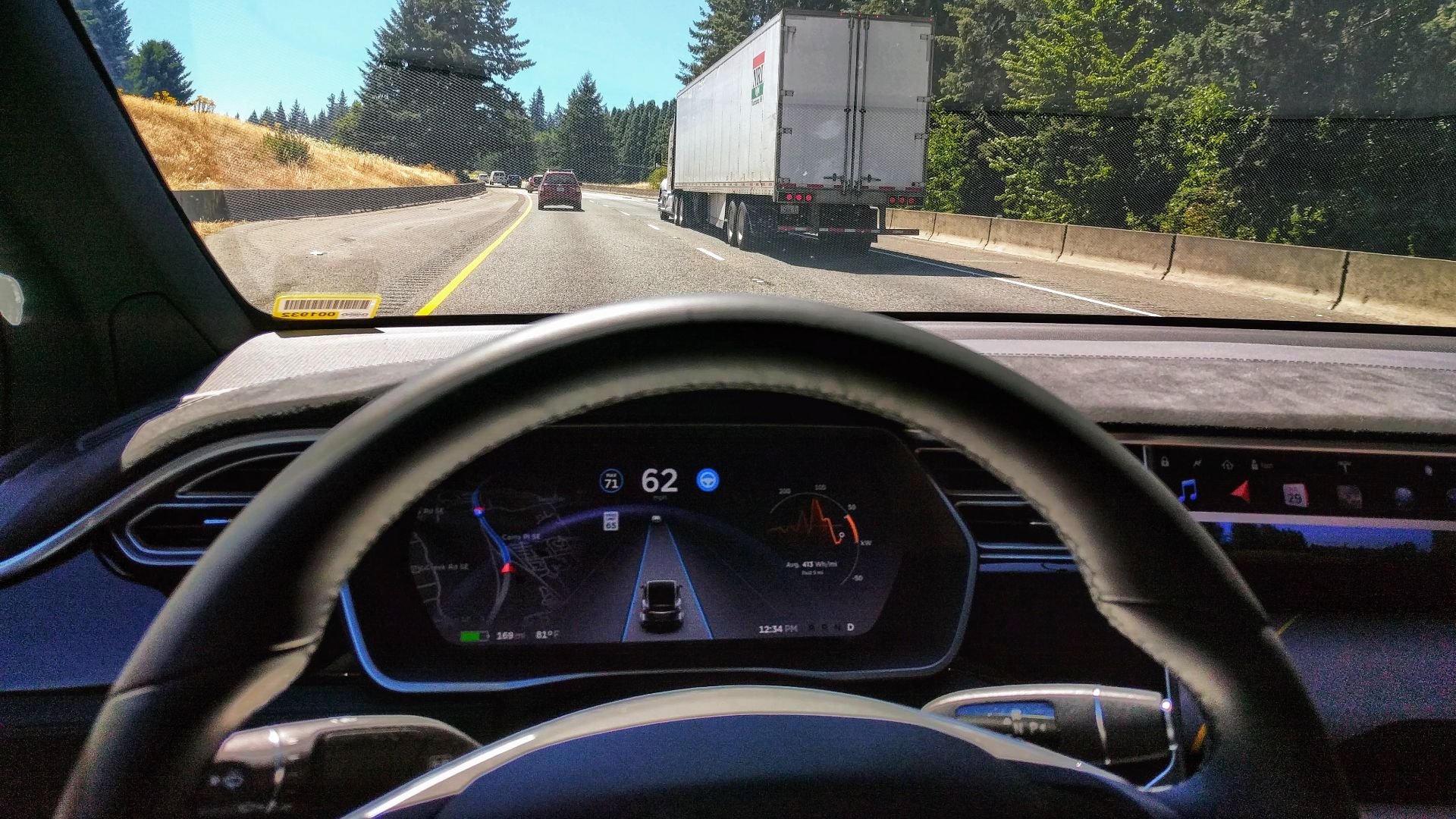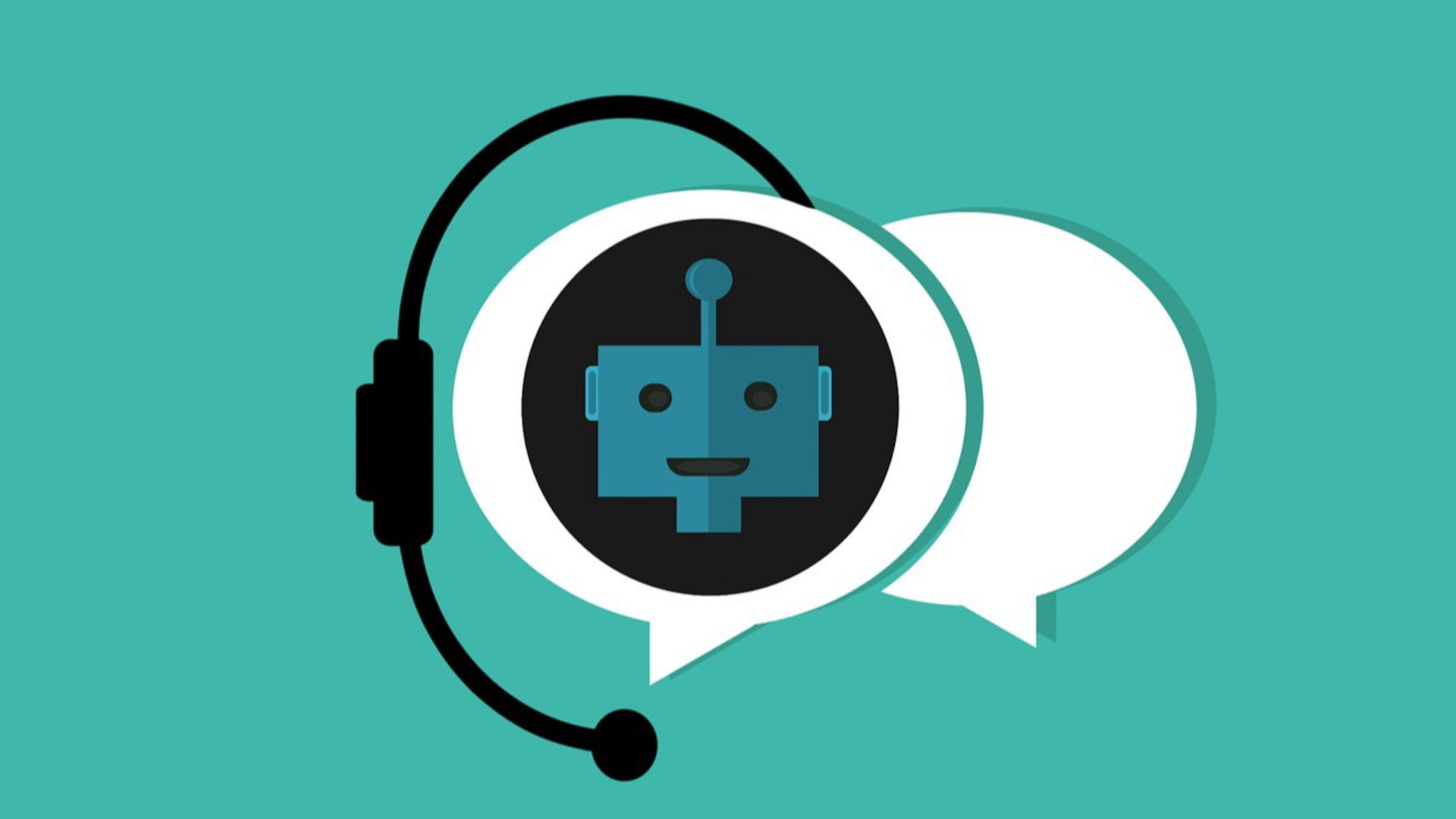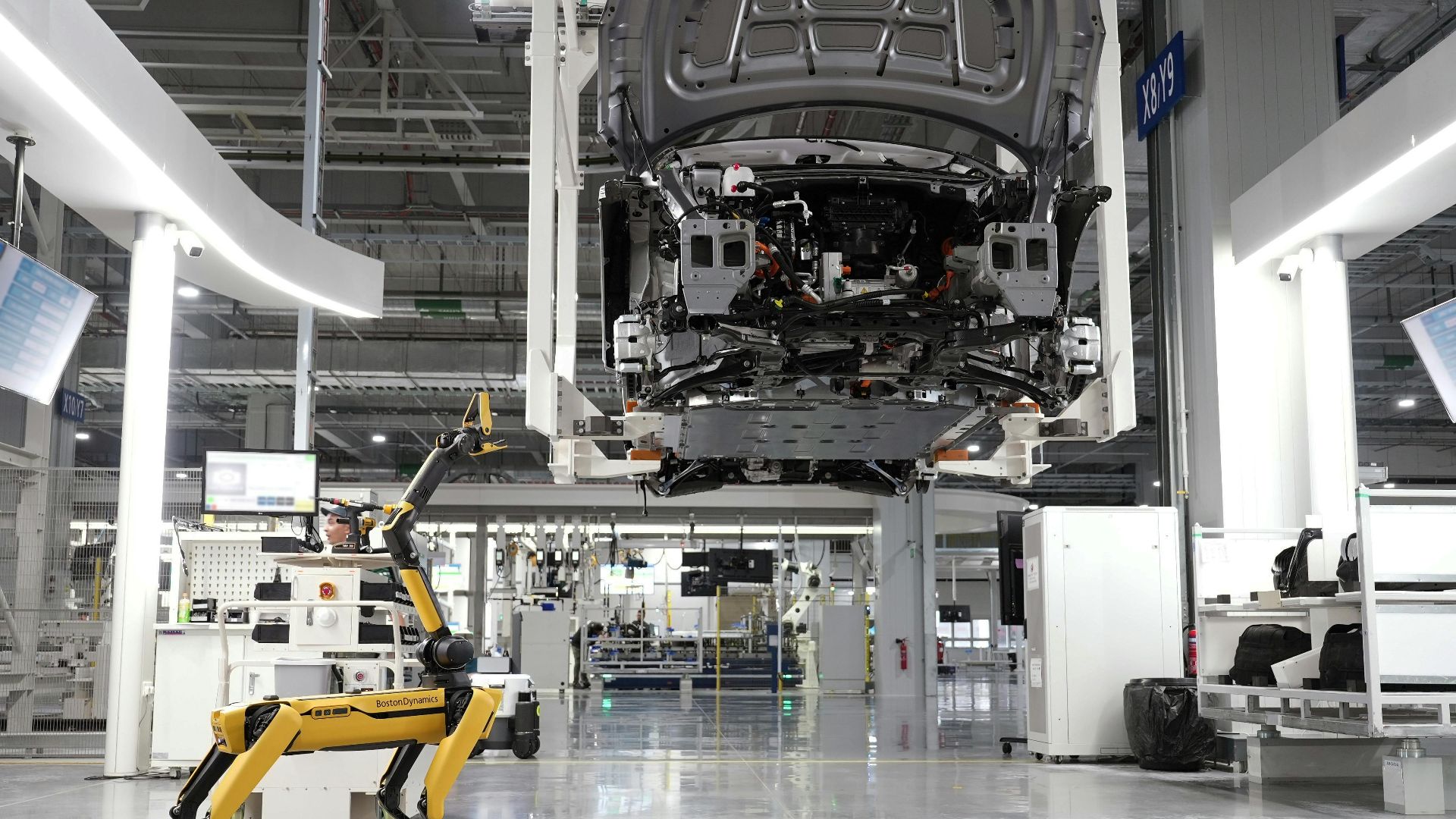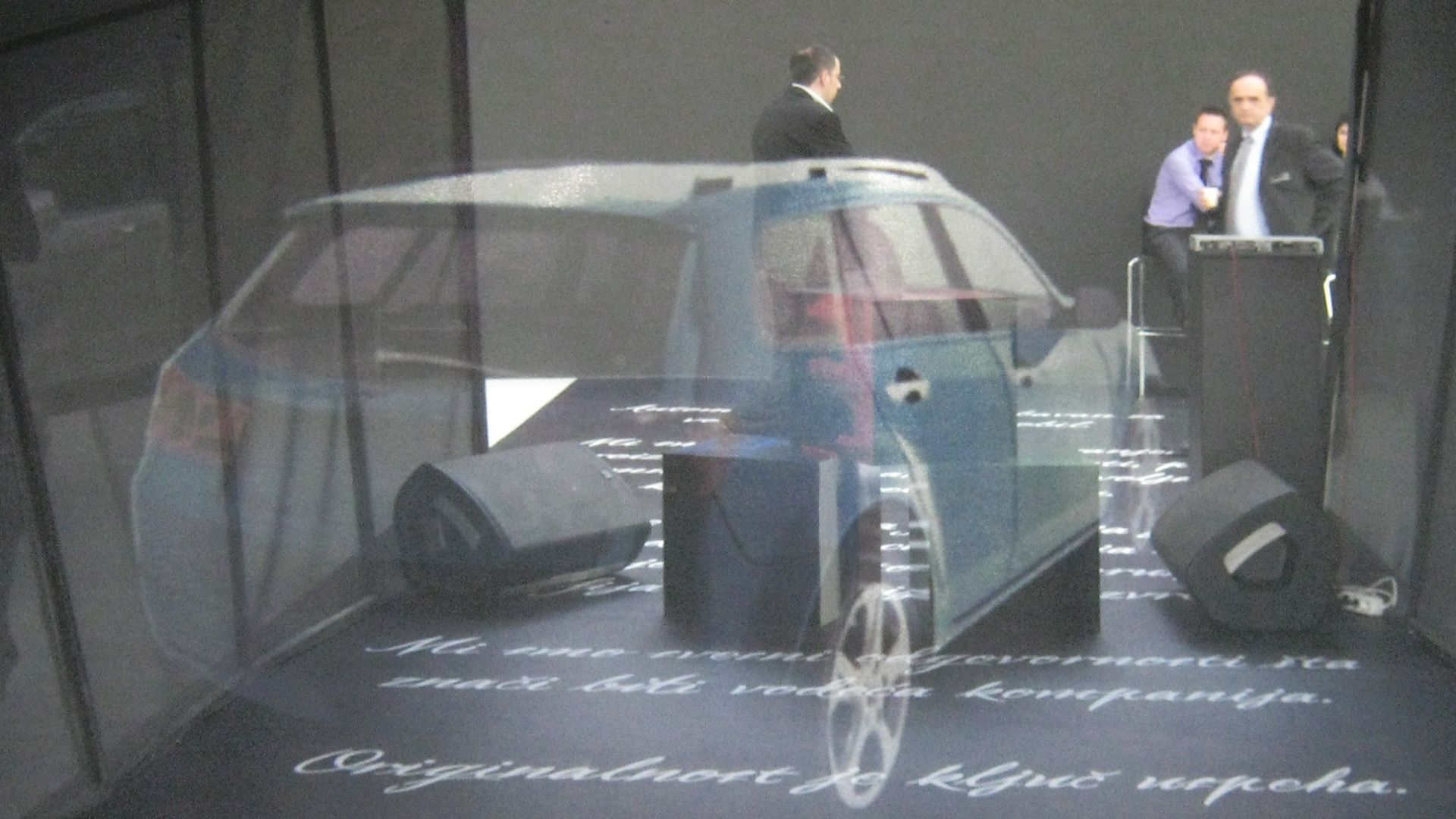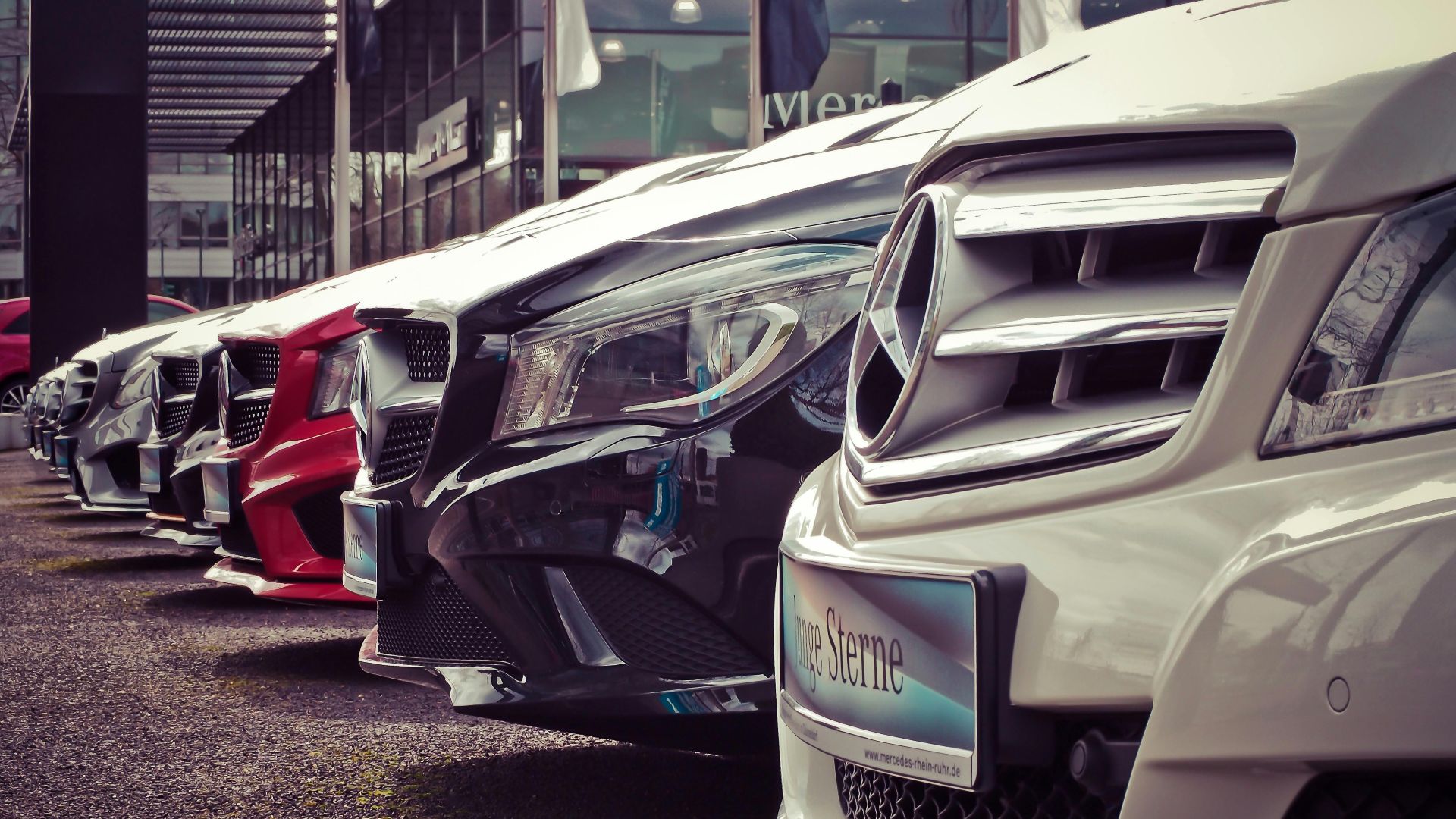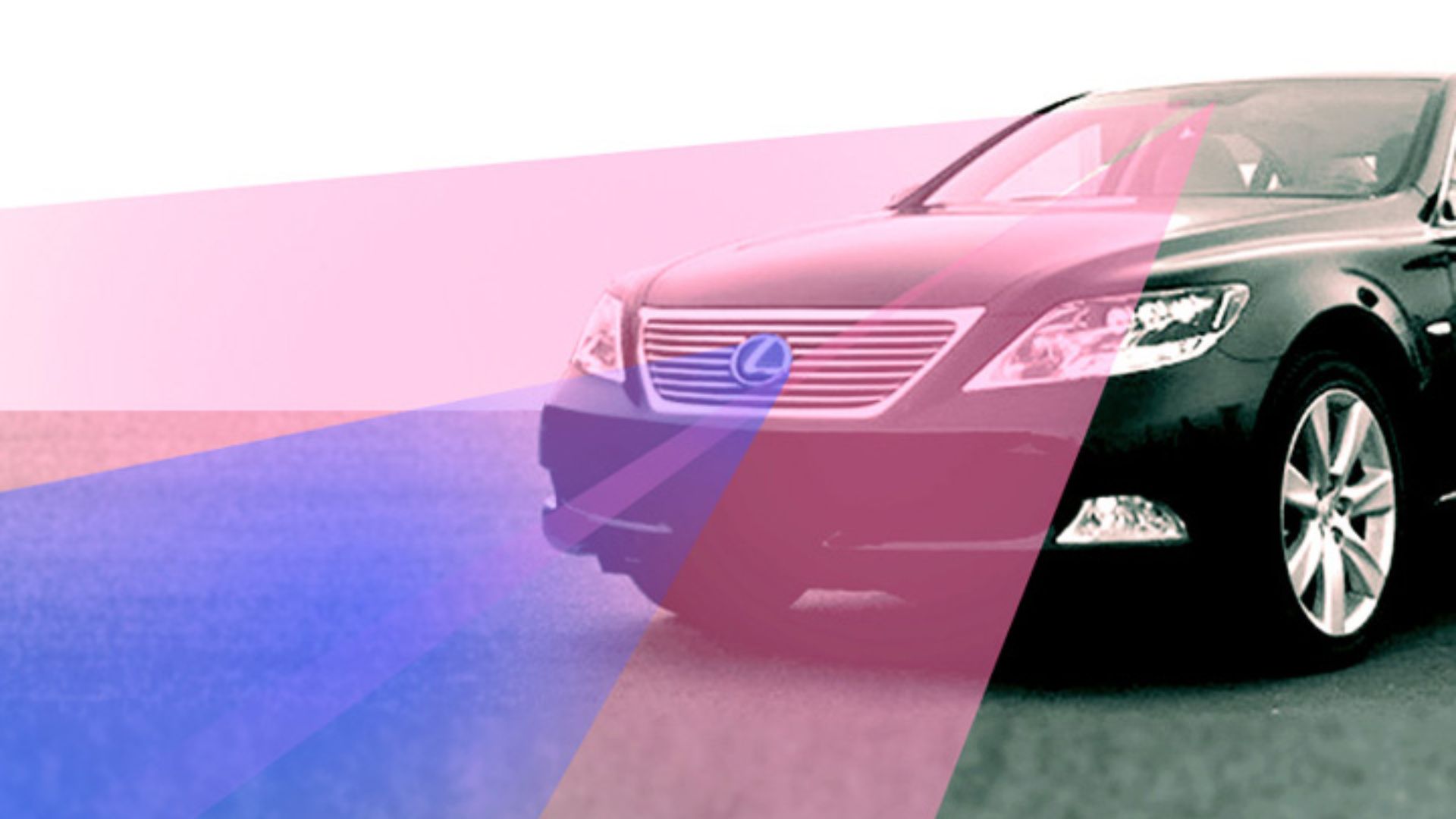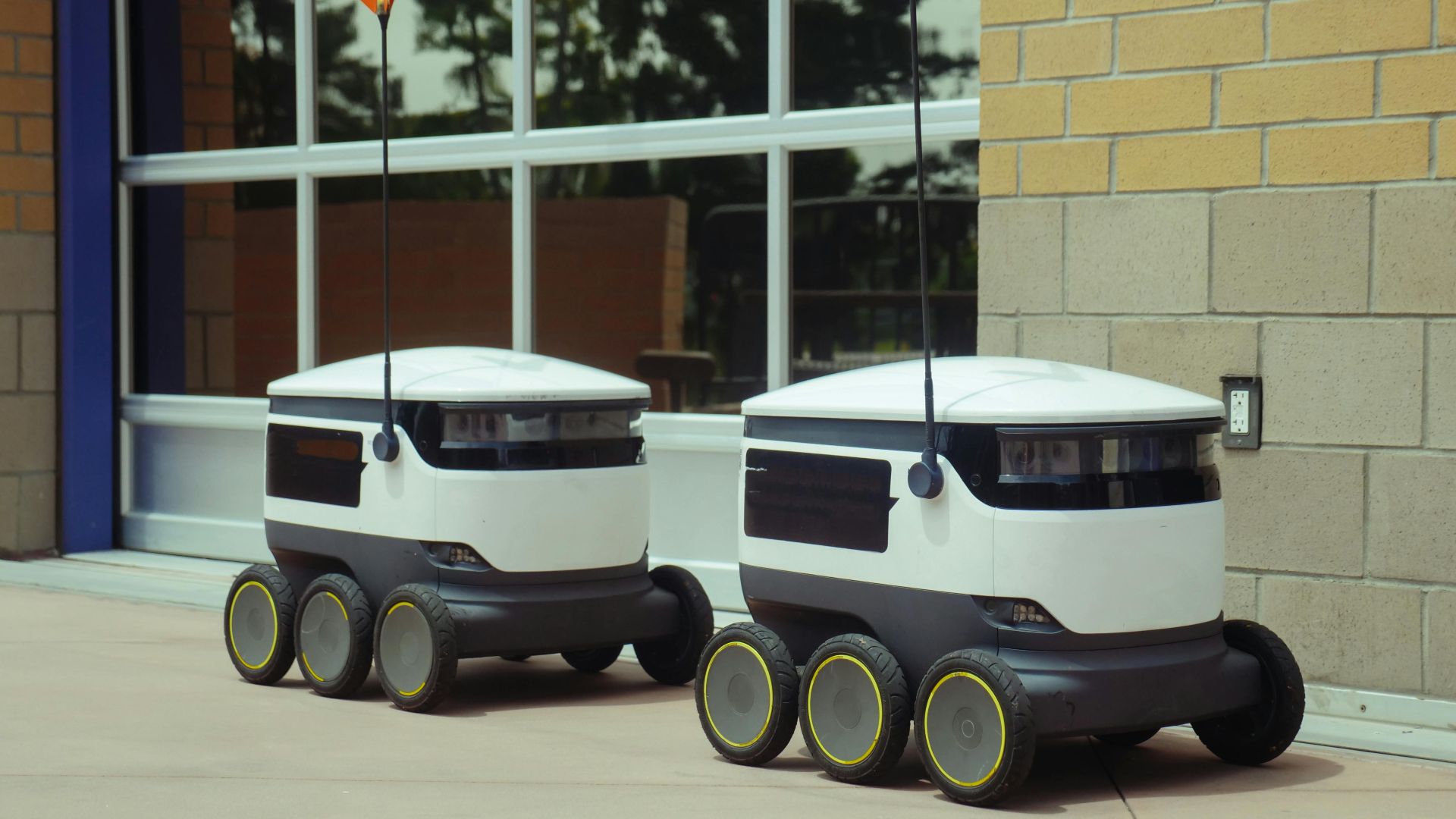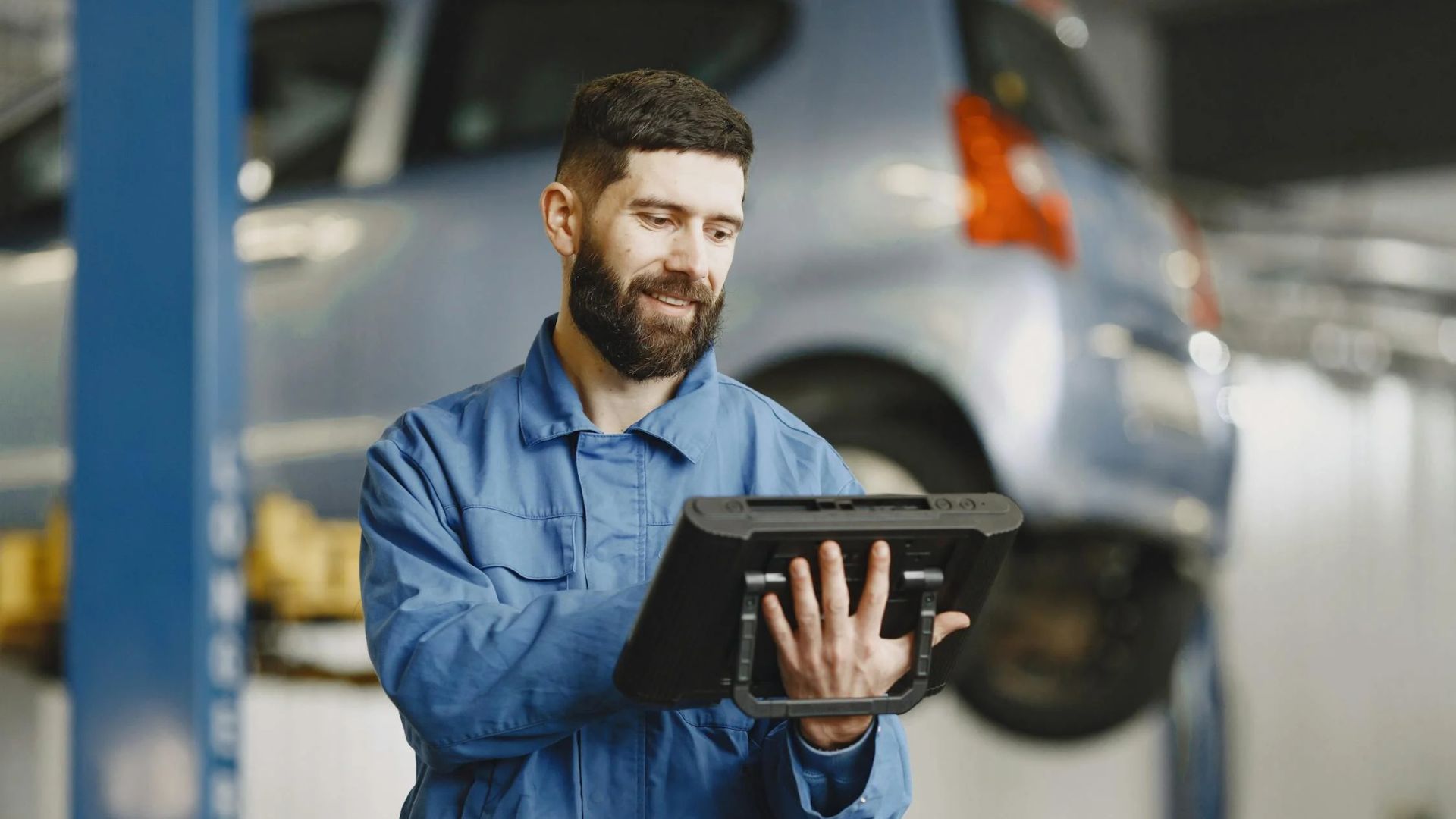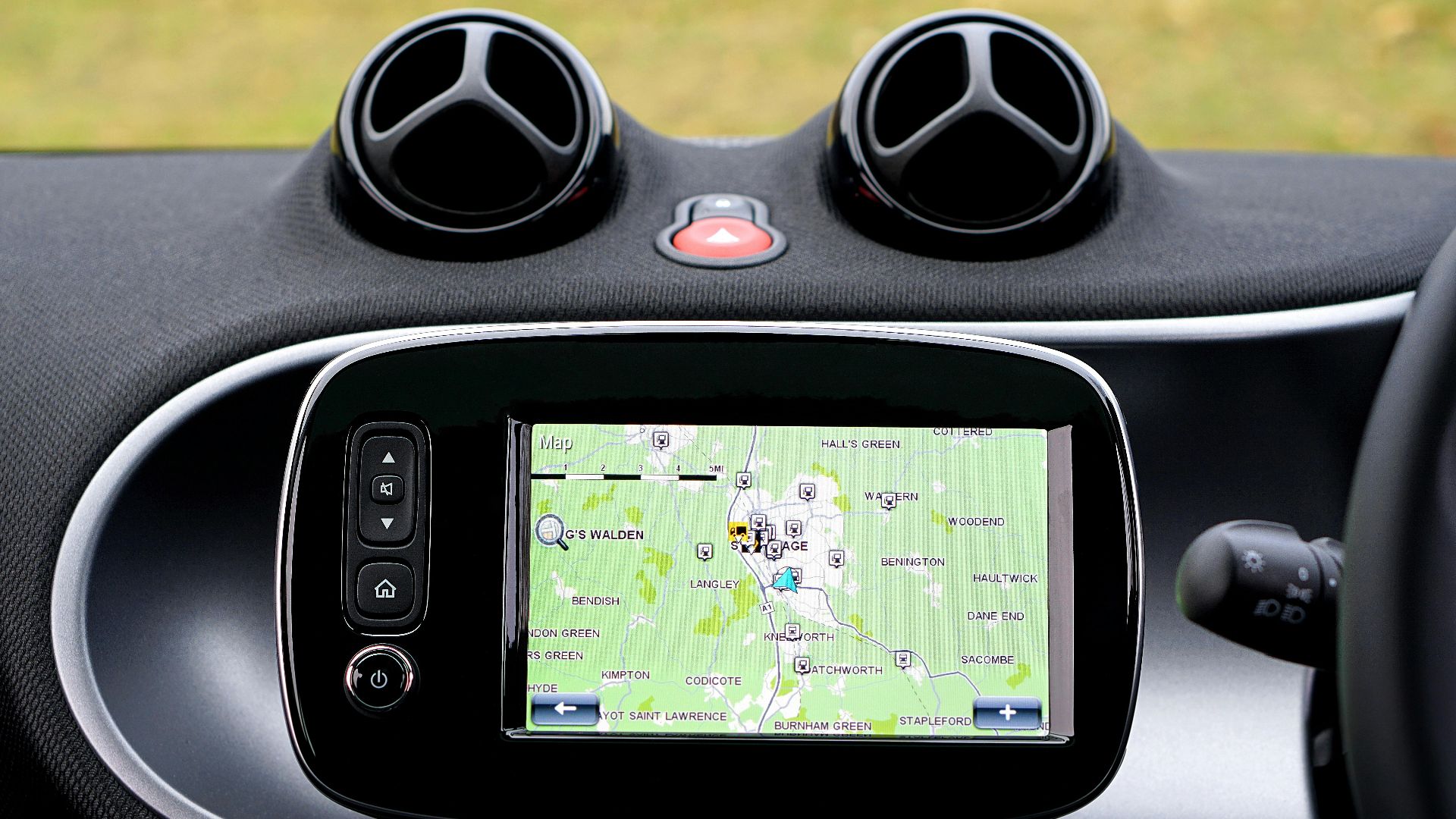AI Takes The Wheel
AI is all over the place these days, popping up in everything from your smartphone to your smart fridge. But here’s the kicker—it's about to make a massive splash in the auto industry, too. We’re talking smarter, faster, and more efficient cars that know you better than you know yourself. So, let’s take a peek at 20 ways AI is about to totally change how we drive and think about cars.
1. AI-Powered Autonomous Vehicles
Self-driving vehicles are no longer a futuristic vision. Thanks to AI, self-driving cars like Tesla’s Autopilot are already on the roads. They use sensors and machine learning to analyze traffic and make driving decisions. Expect a safer, more efficient transportation future with AI leading the charge.
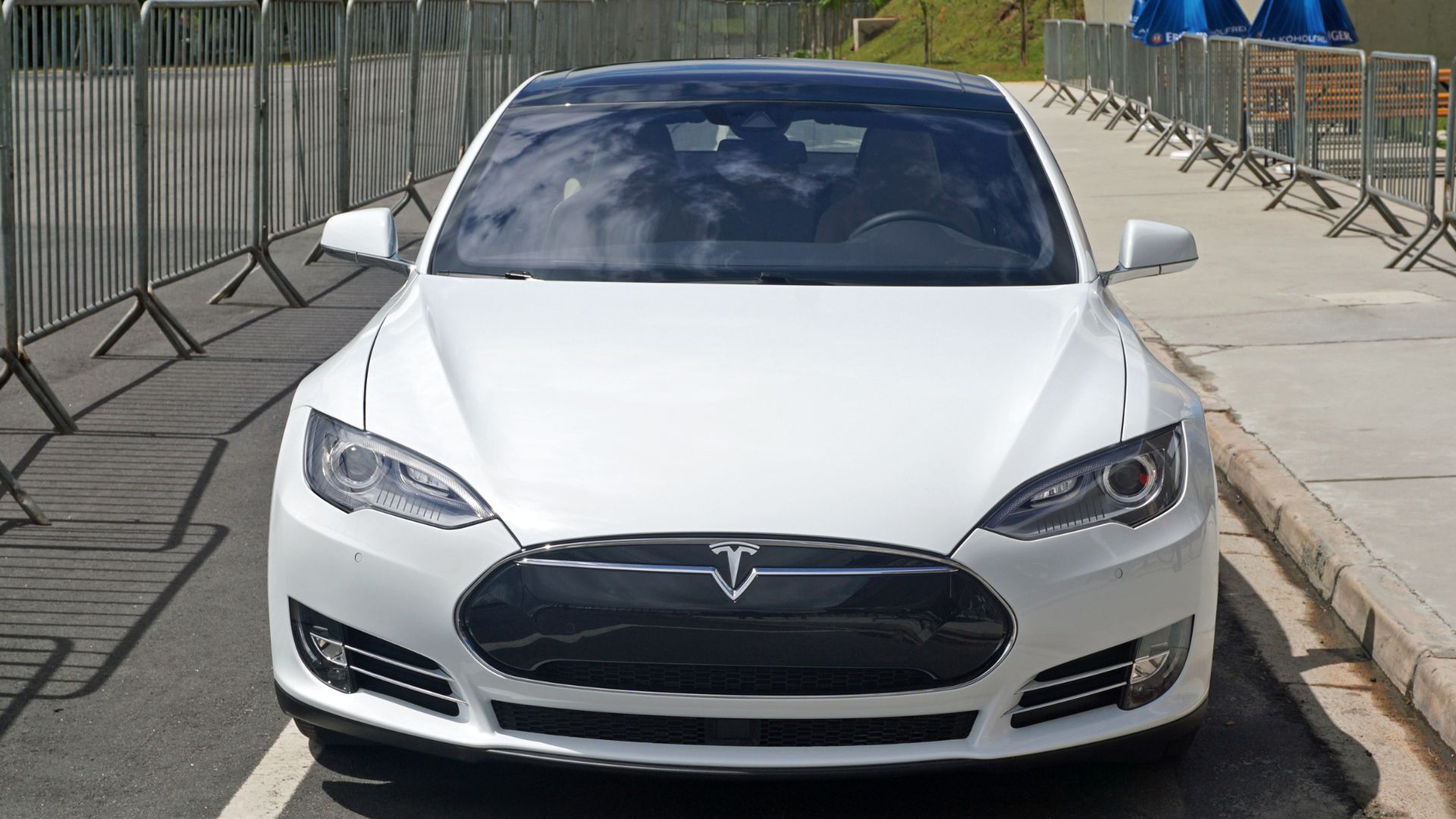 Mariordo (Mario Roberto Durán Ortiz) on Wikimedia
Mariordo (Mario Roberto Durán Ortiz) on Wikimedia
2. Enhanced Predictive Maintenance
Forget worrying about that strange engine noise. AI is changing how we maintain cars by predicting when something might go wrong before it actually does. The AI system can analyze thousands of variables and alert you about maintenance, helping avoid expensive repairs.
3. AI-Driven Manufacturing Efficiency
When AI steps into the factory, precision and speed follow. Robots don’t just assemble—they learn how to improve each task. Imagine an assembly line where AI systems work seamlessly alongside humans, identifying small flaws and improving the process.
4. Personalized In-Car Experience
Say goodbye to adjusting your seat and thermostat manually. With AI, your car will know exactly how you like your ride, from the seat position to your favorite playlist. It learns your preferences, so the next time you drive, it’s like your car has already prepared for you.
5. Smart Traffic Management
AI is changing the way cities manage traffic. By analyzing real-time data, AI can adjust traffic lights to keep vehicles moving efficiently, minimizing congestion. Picture a city where AI controls traffic flow, reducing your commute and making driving more pleasant overall.
6. AI-Enhanced Safety Features
Imagine a car that always keeps an eye on what's happening around it—this is where AI steps in, powering features like automatic braking and collision warning systems that are making driving safer. Brands like Volvo have integrated AI into their safety tech, allowing their cars to react faster than humans can.
7. AI-Enhanced Customer Support
Many automotive brands now utilize AI-powered chatbots to efficiently handle customer inquiries, providing prompt answers and solutions. As these systems evolve, expect AI to manage everything from service appointments to troubleshooting.
8. AI-Optimized Fuel Consumption
Fuel efficiency may soon be in the hands of AI. By analyzing road conditions, traffic, and driving habits, AI can optimize fuel usage in real time. Hybrid cars are already using AI to balance power, and the technology will only become more advanced.
9. Smart Parking Solutions
Finding parking just got easier. Many AI-powered systems will help your car to guide you to the nearest open spot and, in some cases, park itself. The future of parking is all about AI taking the stress out of parking and saving you precious time.
10. Automated Quality Control
AI will ensure your car is built to perfection. Machine learning algorithms are already assisting in quality control by identifying even the smallest flaws in vehicles during manufacturing. It guarantees better product consistency and fewer defects, giving you a more reliable and high-quality car.
11. AI In Vehicle Customization
Designing your dream car in just minutes is now possible with AI. The system walks you through options like interior fabric, wheel size, and performance features. It doesn’t stop at the basics—AI also suggests features you might not have thought of, helping you create a car that's truly tailored to your tastes.
12. Voice-Controlled Car Systems
Gone are the days of fumbling with buttons while driving. Through AI, these systems control everything from navigation to climate settings. As technology improves, future cars will seamlessly integrate voice commands for hands-free convenience.
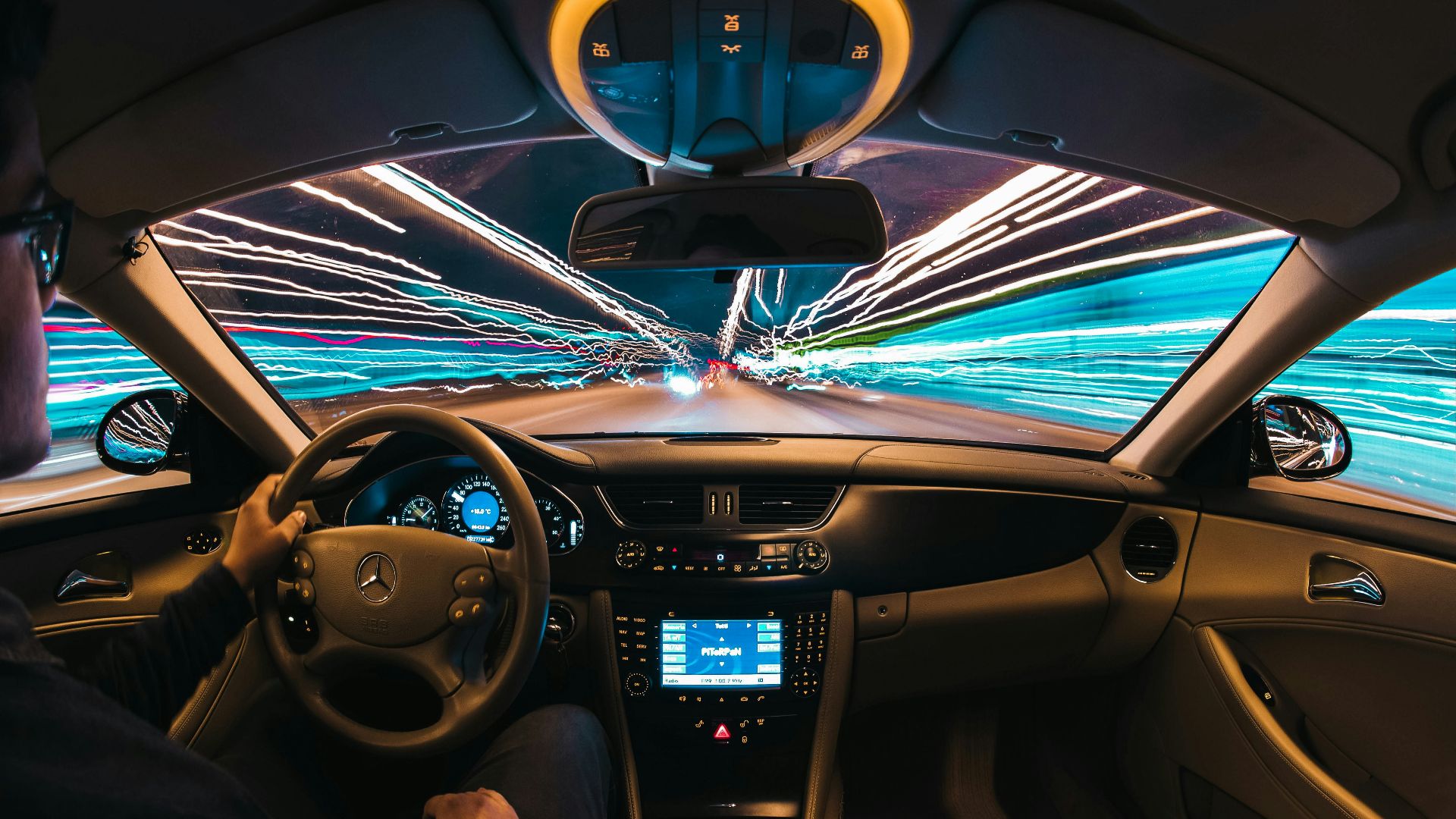 Samuele Errico Piccarini on Unsplash
Samuele Errico Piccarini on Unsplash
13. AI For Predicting Consumer Behavior
What if car manufacturers knew what you wanted before you did? AI analyzes huge amounts of data to predict consumer preferences, helping carmakers tailor their designs and marketing strategies. This level of precision means cars will meet your needs even before they become widespread trends.
14. AI-Driven Autonomous Fleet Management
Managing a fleet of vehicles, especially autonomous ones, will be simplified with AI. These systems can oversee everything. Hence, in the future, companies will rely on AI to operate their fleets more efficiently, reducing downtime and ensuring deliveries are on time.
15. AI-Based Collision Avoidance
AI systems now help vehicles avoid collisions by analyzing potential hazards in real time. By tracking other cars, pedestrians, and road conditions, these systems are fast enough to make decisions before a driver has time to react, keeping everyone safer.
16. Predictive Delivery Logistics
AI is improving the way goods are delivered. It optimizes routes and schedules, helping delivery services operate more efficiently. Such level of precision will lead to faster and cheaper deliveries, benefiting both consumers and businesses alike in the near future.
17. AI-Assisted Car Rental Services
Renting a car will become smoother with AI. Rental services use AI to predict which vehicles you might prefer based on your history. Hence, forget about sifting through dozens of options—your car is ready, chosen just for you, before you even walk in the door.
18. Smart Repair And Restoration
Using machine learning, repair shops will have more accurate diagnostics, speeding up repairs and reducing costs. Whether it’s identifying the problem or recommending the best fix, AI ensures your car gets back on the road in top shape.
19. AI-Enhanced In-Car Shopping
While driving, your car’s integrated AI will soon recommend nearby stores and even help you place orders for whatever you need—whether it’s a snack for the road or a new pair of sunglasses. With AI on board, your ride becomes more convenient, letting you stay focused on the road while the system takes care of the details.
20. Vehicle-To-Vehicle Communication
Cars will soon talk to each other, thanks to AI. By exchanging data about road conditions, traffic, and accidents, vehicles can help each other avoid hazards. This technology, being developed by companies such as GM and Toyota, will make driving safer and more coordinated, thereby reducing road accidents.


